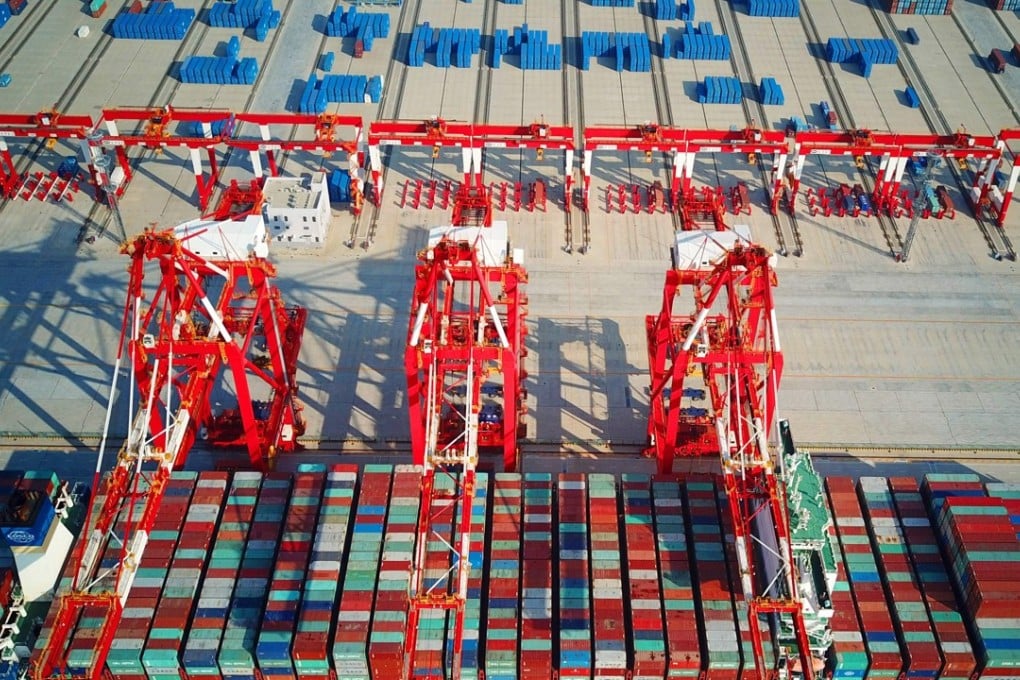Opinion | Is ‘The Art of the Deal’ author taking a page out of Sun Tzu’s ‘The Art of War’ with his trade dispute feint?

If – as Sun Tzu declared in The Art of War – “all warfare is based on deception”, what type of trade war is the US President Donald Trump seeking to wage on his enemies, to make America great again?
Can we expect the full frontal assault deployed, for example, against Japan in the 1980s? Or in these days of asymmetry and misinformation – a strategy the Russians call Maskirova – can we expect something a little less obvious, more nuanced, but packing just as powerful a punch?
Certainly, the underwhelming market response to news last week - that the US had imposed trade tariffs on South Korean washing machine and Chinese solar panel manufacturers - suggests only a low probability of a tit-for-tat trade war breaking out. In fact, equity markets in Seoul and Shanghai actually closed higher in the days after the tariff news was announced.
Can Trump really provoke China with meaningful trade tariffs and risk losing its cooperation over containing the North Korean nuclear military threat? Probably not.
And, ahead of critical midterm elections in November, can Trump really risk upsetting the US consumer base – even the economic recovery itself - with the sharply higher prices that a retaliatory trade war with China would likely entail? Again, probably not.
But it’s also possible, of course, that the focus on tariffs is a clever flanking manoeuvre designed to obscure a substantially larger and more far-reaching strategy at work; a strategy, indeed, that has the potential to entirely reset the US’s trading and commercial relations with the rest of the world.
I’m talking, of course, about the seismic – and profoundly disruptive - implications of the US tax reforms, which will see US companies go from paying 35 per cent, the highest corporate tax rate in the developed world, to 15 per cent, the fourth-lowest behind Ireland, Hungary and Switzerland.
